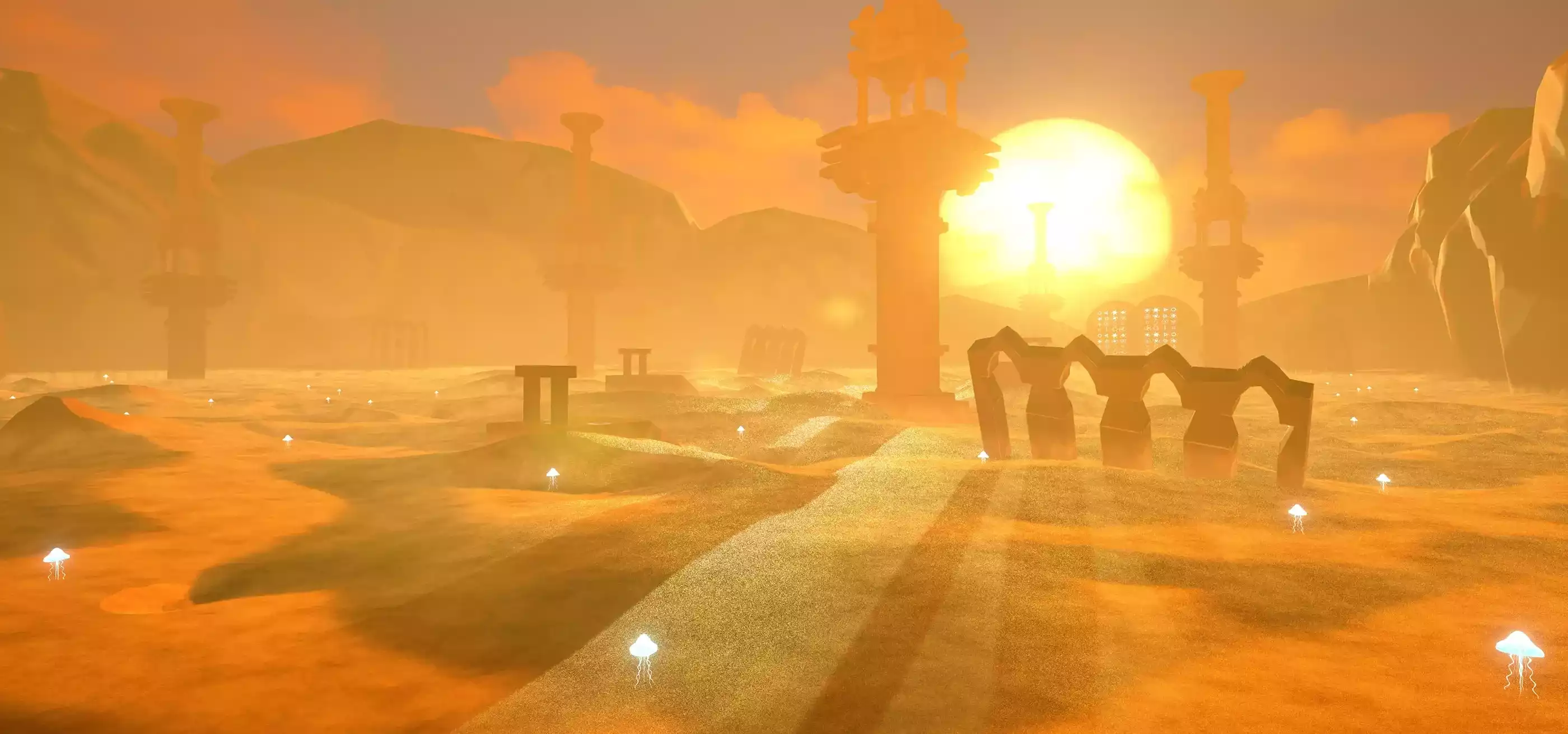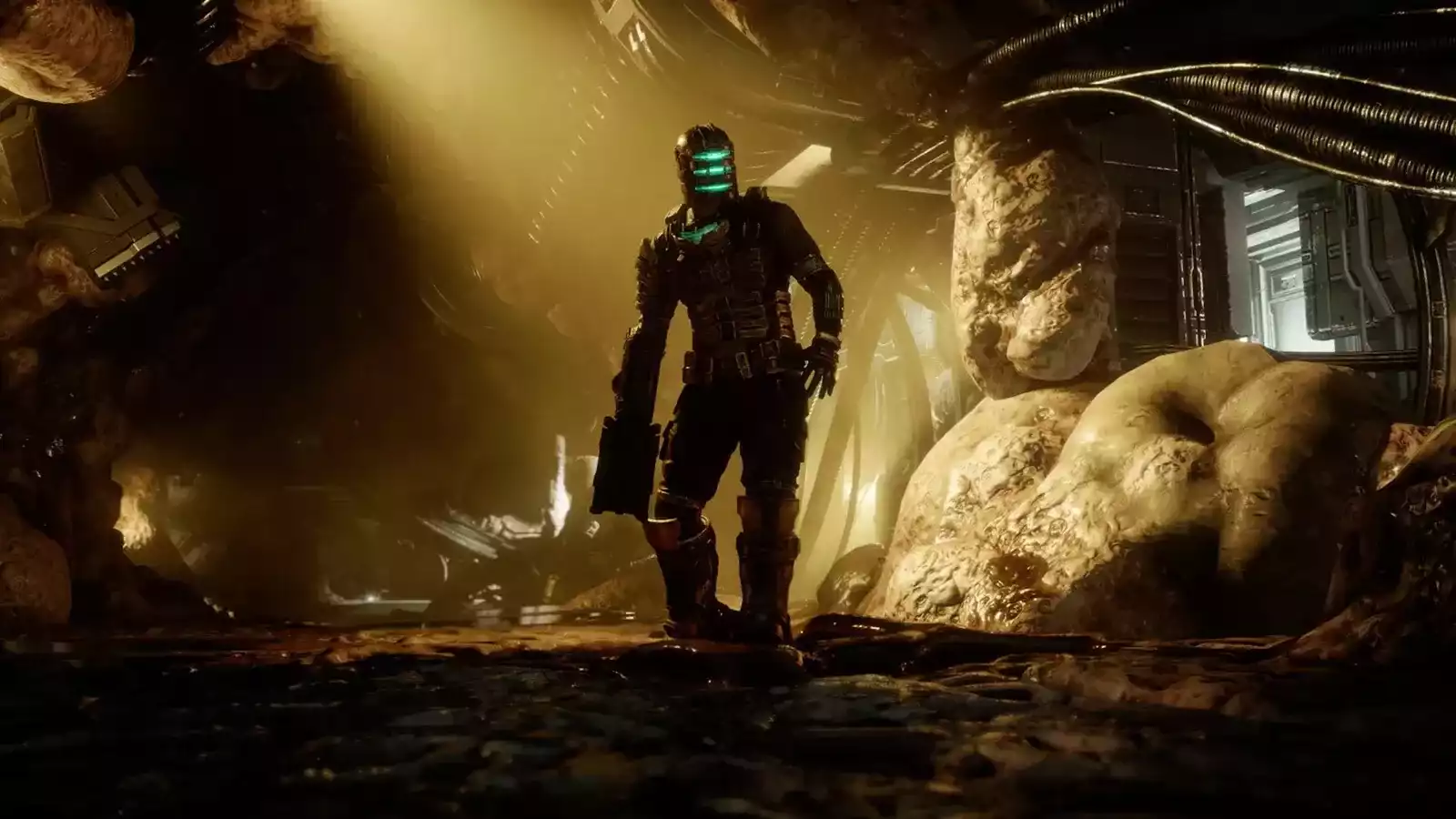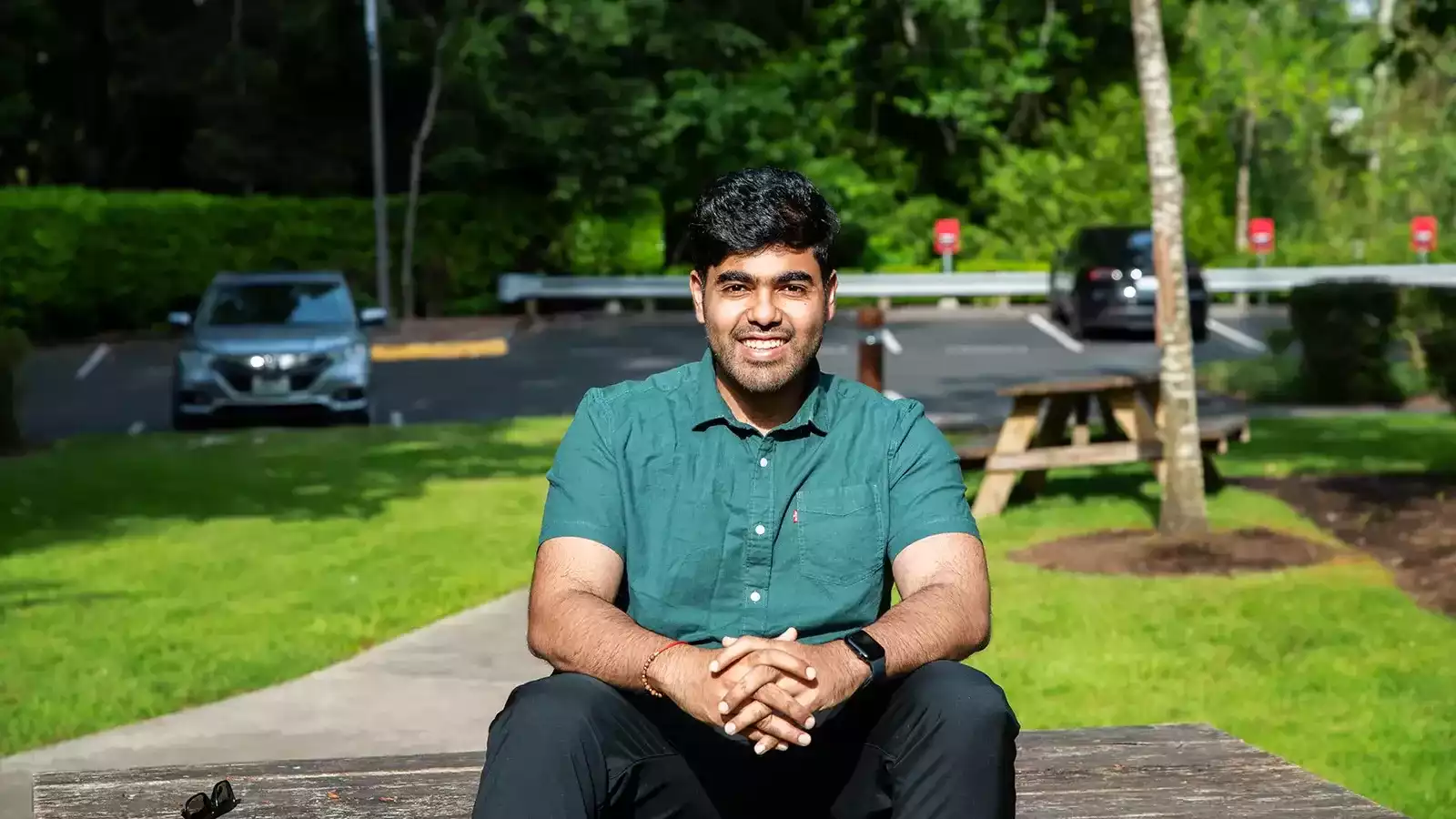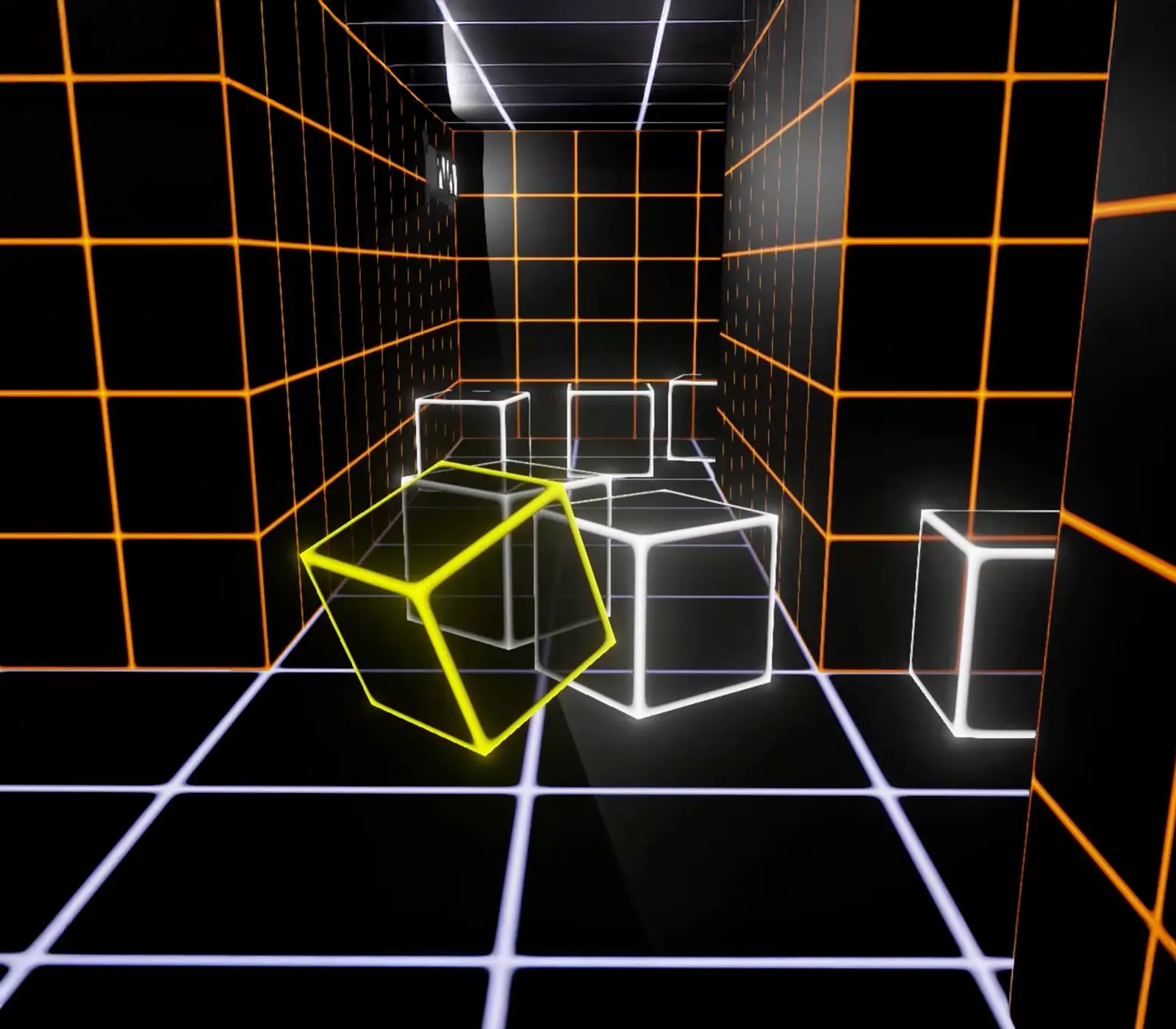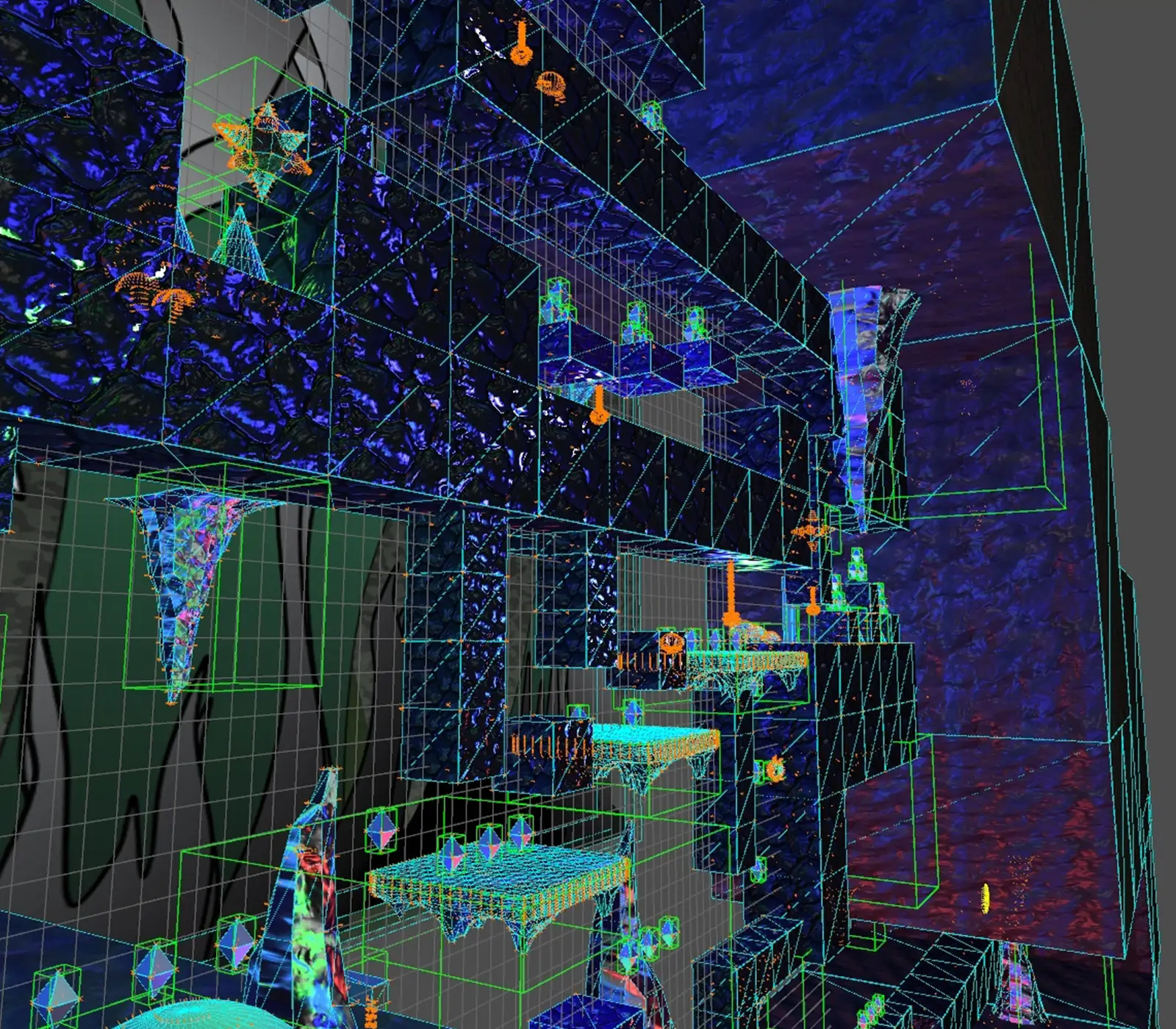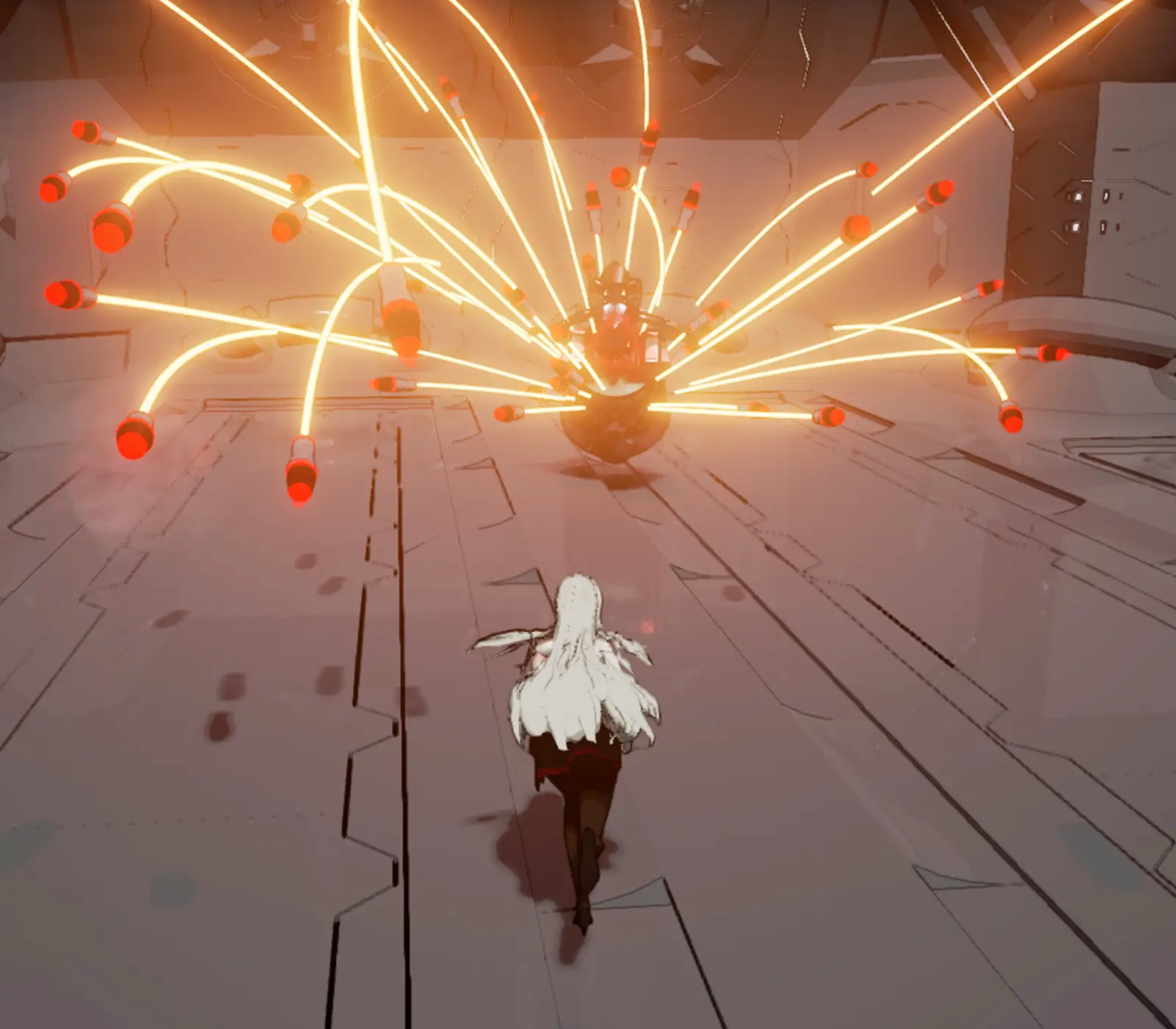Technology is moving fast, and the need for people who truly understand it is growing just as quickly. Whether you’re thinking about a career shift or want to dive deeper into the latest advances, our future-focused program is here to help you build the skills that matter most to you.

Same Degree, Shorter Schedule
Starting in Fall 2026, our updated, full‑time MS in Computer Science program minimizes cost, shortens time to graduation, and expands capstone project options.
As a student in the Master of Science in Computer Science, you’ll strengthen your foundation in core programming principles while customizing your education through specialized tracks in artificial intelligence, graphics, physically-based simulation, and image processing. You’ll learn by building your own custom engine, then developing an original game project to explore and apply concepts. Conclude your rigorous degree with your choice of a project, thesis, or a comprehensive exam. Our top-level faculty hail from all reaches of the industry to provide you one of the best master’s in computer science programs in Washington.
Our graduates combine deep theoretical knowledge with practical implementation skills, making them particularly well-suited for senior technical roles in the games, games-adjacent, and general tech industry.”

Pushpak Karnick, Ph.D.
Program Director
A Byte-Sized Program Breakdown
Advance Your Skillset
Built to sharpen your existing programming foundation while tackling complex concepts in computer science.
Learn From Seasoned Pros
Interact with experienced faculty from across the industry and build strong connections with companies powering the tech world.
Engage With Games as a Tool
Build your own custom game engine and software tools that blend physics, AI, 3D graphics, and more.
Pick Your Path
Shape your education by picking coursework covering the topics you’re most interested in — and end with either a thesis or an exam.
Invest in Your Career
Prepares you for a growing industry where software developers in Washington make an hourly median wage of $80.24.*
*Hourly median wage in Washington state as of May 2024. Source: ww.bls.gov

Faculty
Instructors with Industry Insight.
Learn from our renowned professors and network of diverse educators who will help you build practical skills and guide your education to support your career goals and professional growth.
Dream Bigger, Go Higher
DigiPen MS in Computer Science graduates are well-equipped to land higher-paying roles right away at the mid to senior level in the game and tech industry.
Alumni Highlights
Turn your passion into your career.
DigiPen graduates go far. Through our comprehensive, project‑focused methodology, our graduates quickly find what they can do with a master’s degree in computer science to expand their professional options and take their careers to new heights.
Current students connect with top industry professionals through exclusive events hosted by DigiPen’s Career and Alumni Relations department.
- Networking Mixers
- Industry Company Days
- Reverse Career Fairs
- Internship Support
- Course Audits for Alumni
Our graduates shape the next generation of games and interactive media at major companies, close-knit indie studios, and their own passion-driven ventures.
- Microsoft
- Amazon
- Rockstar Games
- Unity Technologies
- Tesla
- Roku
- Ubisoft
- AutoX
- Oracle
- Electronic Arts


When I go into my job and there’s a new concept I don’t understand, I can easily figure it out because of the way I learned to approach things here at DigiPen.

Dhrumil Shukla
Degree Program Alum
DigiPen makes sure you have the raw skill you need to play any sport in the game industry.

Vineet Dogra
Degree Program Alum
DigiPen really gave me the confidence and skill to tackle any problem and learn quickly in unfamiliar fields.
Sai Natarajan
Degree Program Alum
Student Teams
Skills aren’t formed through books and lectures alone.
Collaborate with your cohort and form teams to build a custom game engine from scratch during your second and third semesters. Craft an original, playable game to showcase your deep understanding of the code and your expertise in your role.
Tools
Create software that simplifies complex, technical processes. Design applications to aid your teammates, including undergraduate designers you’ve recruited.
Engine
Build the framework that powers game development from start to finish. Your custom engine will enable a high level of control in every aspect of development.
Graphics
Use your understanding of graphics technology to give visual life to your project. Be the backbone that helps render, animate, and manipulate your team’s world.
Academic Concentrations
Your Degree, Your Way.
Take your education in the direction that best fits your goals. Define your coursework based on the topics that matter to you most by picking one of four required tracks.
Artificial Intelligence
Explore AI models and algorithms to create intelligent systems that can reason and complete complex tasks.
Graphics
Understand the technology behind the computer graphics that power video games and other media.
Physically-Based Simulation
Break down the math and techniques that allow us to simulate real-world physics within the virtual world of film and games.
Image processing
Master the algorithms that digitally alter images and cover fundamental concepts in image representation, image filtering, and other rendering methods.
Look over this list of programming languages and software you’ll use for video game development throughout the program.
- C, C++, C#
- Git
- Visual Studio
- Python
- SQL - Structured Query Language
Our students are passionate, and our student interviews bring their development stories to the forefront.
Upcoming Events
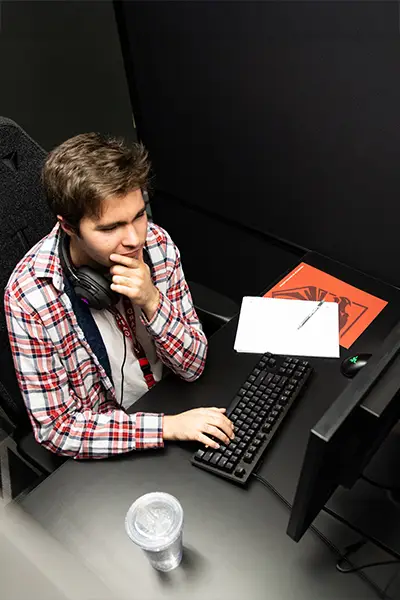
Our online events are in cooldown and will respawn soon.
Online Events
Curriculum
Courses With Your Career in Mind .
From day one to graduation, our faculty and academic network guide your journey with relevant courses and classes aligned with your career goals to ensure you're ready to enter the industry with confidence.
Featured Courses
Choose Your Path
Your time is valuable, and that’s why we allow students to pick how they want to complete their studies in their fourth semester.
Applied Project
Create a game or identify a real‑world problem within the field of computer science. Take your proposed idea and design a working prototype, then finish with a polished product and a final report that evaluates challenges, outcomes, and impact.
Thesis
Develop analytical research skills through an original contribution or by analyzing a project, all in the computer science field. Conduct a survey on your area of interest, identify a problem, develop a theory for a solution, and defend a thesis.
Comprehensive Exam
Complete two additional electives at the graduate level, then take a comprehensive exam. The exam covers broad computer science topics — such as algorithms, data structures, and computer graphics — and your specific area of concentration.
